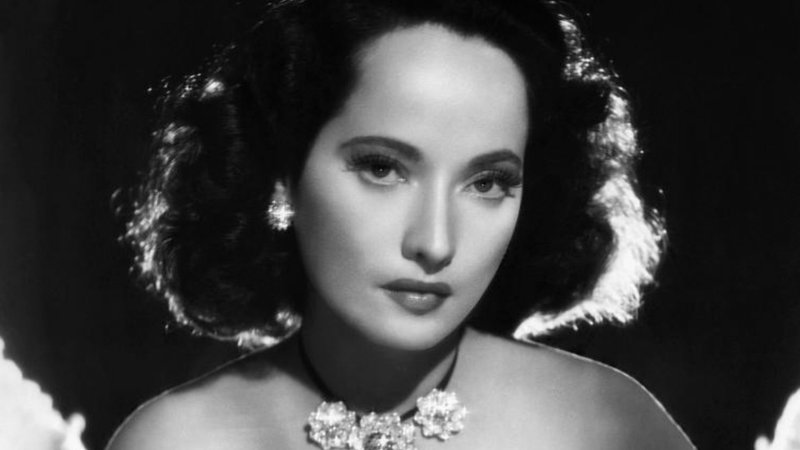
Screened as part of NZIFF 2002
The Trouble with Merle 2002
Merle Oberon was one of the biggest international movie stars of the 30s and 40s. Studio publicists always said that the dark-haired beauty, who played opposite Olivier in Wuthering Heights and married director Alexander Korda, was born in Hobart, Tasmania to a wealthy upper-class family and later lived in India with her aristocratic godparents. Reputable movie reference books still tell you the same story, but filmmaker Marée Delofski needed to be convinced and went looking for information about Merle’s parentage in Hobart and in India. The stories she hears, recounted with ardent conviction by various keepers of the flame, support conflicting variations on the myth of Merle’s origins – and diverse explanations of the exoticism which Hollywood deemed exotically Anglo. Countering claims that she was part-Indian, many Tasmanians swear that their most famous daughter’s parents were a Chinese hotel worker and her married boss. There is a wealth of anecdotal support; tales of mysterious limousine appearances or reports of the star’s mother, forsaken but proud, gazing adoringly at the lovely apparition of Merle at the Hobart pictures.
The symbiosis of provincial credulity and cosmopolitan fecklessness reaches a bizarre and fascinating crisis when the former star stages her return in 1978 to Tasmania and is escorted to the Merle Oberon birthplace. Delofski features several of Oberon’s appearances on Australian television, classic moments of celebrity noblesse oblige in the face of hometown hyperventilation.
With a disingenuousness that seems a little superfluous under the circumstances, Delofski structures her film as a detective story: halfway through, she ‘suddenly recalls’ a story told at a dinner party that sounds suspiciously like the film’s starting point. But there’s a wealth of observation in her account: about memory and the manufacture, evolution and durability of myth; about racism; about Tasmania’s need for Hollywood – and about Hollywood’s need for Tasmania. — BG